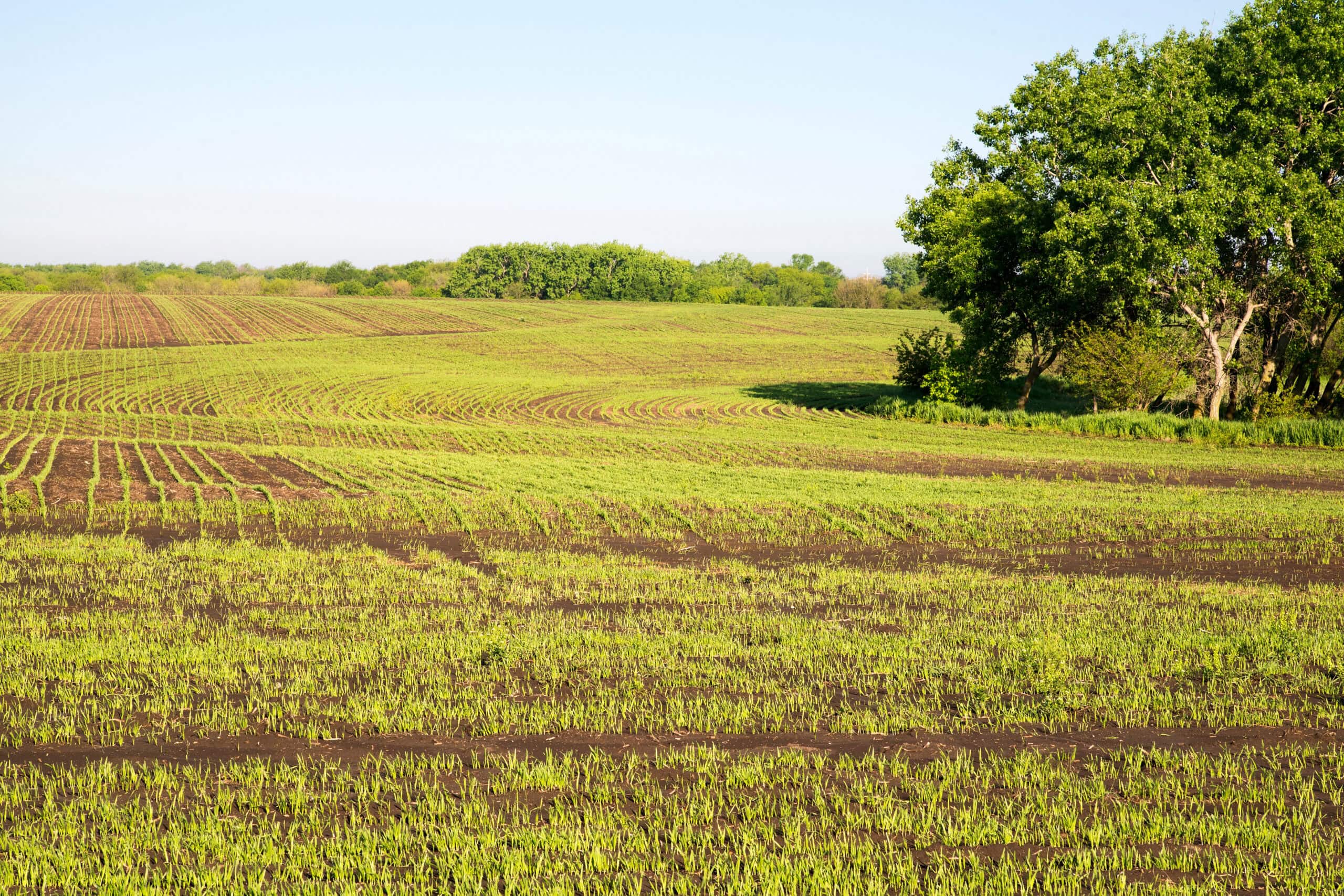Land ownership affects every part of buying, selling, and managing property. The way you set up ownership determines who controls the land, how you can pass it on, what taxes you pay, and who handles problems that come up. Each type has its benefits and drawbacks that can change your investment returns, family plans, and legal protection.
People buying rural property face different situations from city investors. Farm purchases often involve family members, business partners, or long-term family planning. The correct ownership setup protects your money while giving you the flexibility to manage your land as you see fit. Knowing these options helps you make wise choices about your property investment.
1. Sole Ownership
One person owns everything when you have sole ownership. This person holds the full title and makes all choices about how to use the land, what improvements to make, and when to sell. Most personal land purchases work this way because it keeps things simple and straightforward. The owner can sell, rent out, or develop the property without seeking approval from anyone else.
Sole ownership gives you complete control but also puts all the responsibility on your shoulders. You pay all property taxes, handle all upkeep costs, and take full blame for any problems that happen. When you die, the land goes to whoever you name in your will. This makes planning easier, but it means that one person handles all the financial and legal responsibilities. This works best when you have the money and time to manage everything yourself.
2. Joint Tenancy
Joint tenancy means two or more people share ownership of the same property. Married couples, family members, and business partners often pick this setup. Everyone must own equal shares and have the same rights to use the whole property. All owners must agree when making significant decisions about the land.
The special part about joint tenancy is what happens when someone dies. Their share automatically goes to the other owners instead of being distributed according to a will. This helps families skip probate court when one owner passes away. The surviving owners gain complete control immediately, without waiting for court approval. However, everyone must purchase their part simultaneously and take equal shares. This limits flexibility in some cases.
3. Tenancy by the Common
Tenancy by the entirety allows multiple people to own different shares of the same property. Unlike joint tenancy, owners can have unequal shares of the property. One person might own 60 percent while another owns 40 percent. The splits can vary based on how much each person contributed or what they agreed on. Each owner can still use the entire property, regardless of their percentage ownership.
When someone dies in this setup, their share goes to their heirs instead of the other owners. This gives people more control over their investment. Some married couples prefer this arrangement because they can decide separately what happens to their respective portions. Each owner needs to think about their inheritance plans. Having a written agreement outlining how to use the land and handle sales can prevent disputes between co-owners later on.
4. Corporate or Business Entity Ownership
Companies or business entities can own land, rather than individuals. This setup protects personal assets and can save money on taxes. LLCs are popular for land investing because they keep business and personal matters separate. When you want to sell later, you can sell the whole industry more easily. Companies can own farms, ranches, hunting land, or any rural property.
If someone gets hurt on the property or the business gets sued, they can only go after the business assets. Your home, savings, and other investments stay protected. LLCs are simpler to manage than corporations and avoid getting taxed twice. Multiple people can own shares in the business, making it easier to pool money for big land purchases. This works well for land that makes money or when family members want to invest together.
5. Land Held in Trust
A trust is a legal arrangement where someone else holds the property title on your behalf. The trustee manages the land according to your instructions while you get the benefits. This provides privacy, facilitates inheritance, and keeps the property out of probate court. Wealthy families, estate planners, and individuals seeking private ownership often utilize trusts.
Trusts help protect your identity and save your family money on court fees when you die. You put your property into the trust name, and it automatically avoids probate. This saves time and legal costs for your heirs. Trusts give families flexibility in how they pass land to the next generation. High Point Land Company often works with individuals buying or selling trust property, as many farm families utilize trusts to pass land down through generations.
6. Freehold vs. Leasehold Ownership
Freehold gives you complete ownership of the land forever. You can do whatever you want with it as long as local laws allow it. Freehold owners can sell, rent out, or mortgage their property without asking permission from anyone else. This gives you the strongest property rights available and maximum control over your investment.
Leasehold means you rent the land for a set period. You can use the property, but you do not own the actual land underneath it. Leasehold arrangements are rare for rural land in the United States, but they do exist in some government programs. Most Land For Sale through High Point comes with freehold ownership; however, buyers should always verify this before completing their purchase. Understanding this difference helps buyers avoid unexpected limits on their property rights.
Quick Comparison of Land Ownership Types
| Ownership Type | Number of Owners | Ownership Shares | Survivorship Rights | Liability Protection | Privacy | Probate Avoidance | Best For |
| Sole Ownership | One person | 100% to the owner | No automatic transfer | None | Public record | No | Simple personal purchases |
| Joint Tenancy | Two or more | Equal shares required | Automatic to survivors | None | Public record | Yes | Married couples, families |
| Tenancy by the Common | Two or more | Can be unequal | Goes to heirs | None | Public record | No | Business partners, investors |
| LLC/Corporation | One or more members | Based on the agreement | Depends on structure | Strong protection | Limited privacy | Possible | Investment properties, farms |
| Trust | Trustee manages | Per trust terms | Per trust terms | Limited | Good privacy | Yes | Estate planning, family land |
| Freehold | Varies | Complete ownership | Depends on structure | Varies | Varies | Varies | Most rural land purchases |
| Leasehold | Lessee only | Use rights only | No land ownership | None | Public record | No | Government programs only |
Choosing the Right Ownership Structure for Your Land
Your plans for the property should inform your choice of ownership. Personal use properties, such as hunting cabins or family farms, often work well with sole ownership or joint tenancy between spouses. Investment properties benefit from LLC setups that protect you from lawsuits and provide tax benefits. Farms For Sale that involve multiple family members or business partners typically need tenancy by the entirety or business entity ownership.
Think about your comfort level when setting up property ownership. Keep two things in mind: do not make things too complicated, and do not spend extra money when you do not need to. Consider how you want to handle taxes, lawsuit protection, and passing the land to family or business partners in the future. Recreational Land might work well in a trust if you plan to give it to multiple children, while commercial land often benefits from LLC setups. High Point Land Company helps buyers match their property goals with the appropriate ownership structure, and we recommend consulting with lawyers or tax professionals for complex situations.

